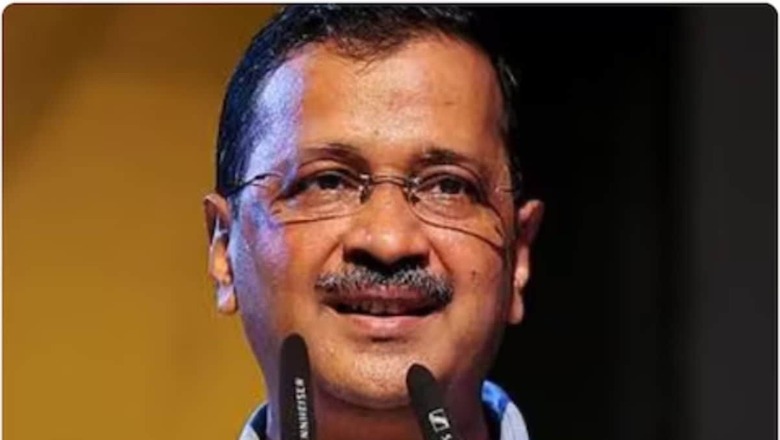
views
On Thursday, March 21, Delhi Chief Minister and Aam Aadmi Party convener, Arvind Kejriwal, was arrested by the Enforcement Directorate (ED) under the Prevention of Money Laundering Act, 2002, allegedly for involvement in a money laundering case linked to a liquor scam. The ED apprehended the Aam Aadmi Party Chairperson after the Delhi High Court declined intervention to provide him with protection. The ED aims to secure custody for interrogation, while Kejriwal plans to challenge the arrest in the Supreme Court. Preceding Kejriwal, Manish Sisodia and Satyendar Jain were also arrested on money laundering charges.
Money laundering involves illicitly disguising large sums of money earned from unlawful activities such as drug trafficking or terrorist funding to appear as though they originated from legitimate sources. The process cleanses the “dirty” money to give it a legitimate appearance.
In the United States of America, the mafia historically utilised money laundering to convert their “dirty” or black money into legal currency. This practice is now widespread among businessmen, politicians and bureaucrats. Individuals who engage in embezzlement are commonly referred to as launderers. Money laundering can be executed through various methods, with the original owner ultimately receiving returns minus a percentage of the laundered money. Here are a few common techniques:
- Investment in property or land: Individuals often purchase expensive properties, such as houses or shops, at deflated prices on paper. The difference is typically settled using black money. By undervaluing the property on record, individuals reduce their tax liabilities.
- Establishing fake companies: Money launderers frequently establish fake companies, also known as shell companies. These entities lack significant assets or business operations and serve to conceal the identities of their owners, facilitating money laundering. Sometimes, these companies are used to raise funds, merge with larger corporations, or evade taxation.
- Money deposited in banks: Those involved in embezzlement often deposit money into banks located in countries where the government does not scrutinise the source of funds. These jurisdictions serve as safe havens for launderers. High-profile cases like the Panama Papers scandal exposed individuals who stored black money in these offshore accounts. Swiss banks, in particular, are notorious as safe havens for illicit funds.



















Comments
0 comment